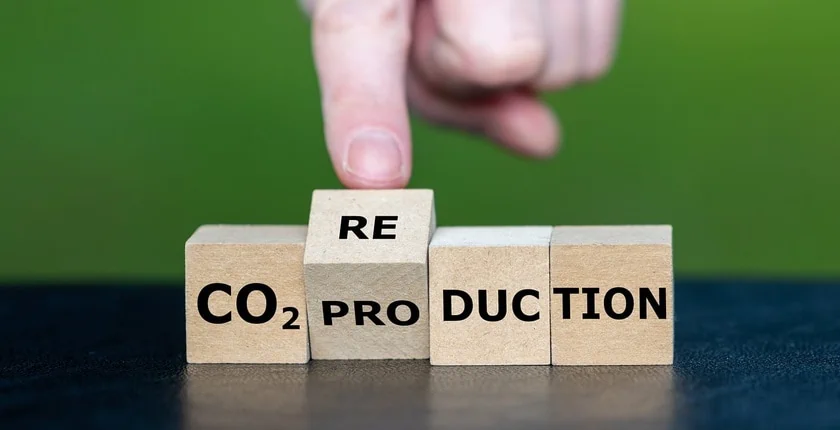Regarding carbon measurement and carbon emissions reduction, the “Implementation Plan” outlines 7 key tasks, including developing a carbon emission reduction standard system in key industries and enhancing the carbon measurement technology system. It also deploys and implements 8 key actions and projects, such as innovations in carbon measurement, along with 4 supporting measures, including tracking and monitoring. The “Implementation Plan” aims to establish an effective carbon peak and neutrality measurement system in Hunan province by 2025, with continuous optimization to achieve the "30-60" dual carbon goals.
The 19th Asian Games in Hangzhou highlights China's ecological efforts. With the continued promotion of the "Green Asian Games", more citizens are embracing a green and low-carbon lifestyle. Relying on the Ant Forest platform, the “1 kg from everyone to help make the Asian Games carbon neutral” campaign encourages participation in over 60 low-carbon activities, such as green transportation, online public services, and energy-efficient air conditioning. More than 100 million participants are contributing to this initiative to help the Asian Games achieve carbon neutrality.
The Carbon Border Adjustment Mechanism (CBAM) entered into application in its transitional phase on October 1, 2023. In the transitional phase, CBAM will only apply to imports of cement, iron and steel, aluminium, fertilisers, electricity and hydrogen. EU importers of those goods will have to report on the volume of their imports and the greenhouse gas (GHG) emissions embedded during their production, but without paying any financial adjustment at this stage. The definitive period will start in 2026. As of that date, importers will need to buy and surrender the number of “CBAM certificates” corresponding to the GHGs embedded in imported CBAM goods.
According to World Bank research, full implementation of CBAM could lead to an average tariff of 26% for Chinese manufacturing in the international market, resulting in a potential 21% decrease in exports.

Tsinghua University released 2023 Global Carbon Neutrality Tracker
This report assesses the carbon neutrality targets of 196 countries worldwide, taking into account per capita emissions and historical responsibility. It goes beyond just a purposeful perspective, evaluating global progress and supporting systems that span policies, technology, finance, and international cooperation.
The report provides case references for overcoming key technological and policy barriers and provides scientific recommendations for bridging the gap between global progress on carbon neutrality and the Paris Agreement’s temperature control goals.

“Big Earth Data in Support of the Sustainable Development Goals (2023)” released
At a high-level meeting on the cooperation results of the Global Development Initiative (GDI), China released “Big Earth Data in Support of the Sustainable Development Goals (2023)”. The report indicates that as of 2022, more than half of China’s environmental indicators have reached the 2030 targets ahead of schedule and that ecological restoration has yielded significant results. The report was jointly complemented by the International Research Center of Big Data for Sustainable Development Goals (CBAS) and the “Big Earth Data Science Engineering Program” of Chinese Academy of Sciences (CASEarth), and has been released for five consecutive years.








